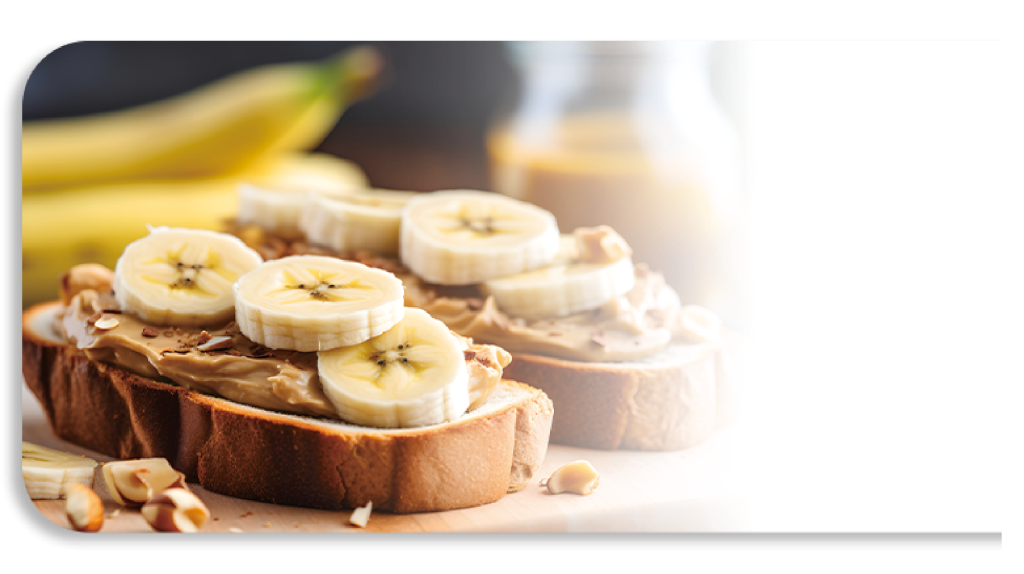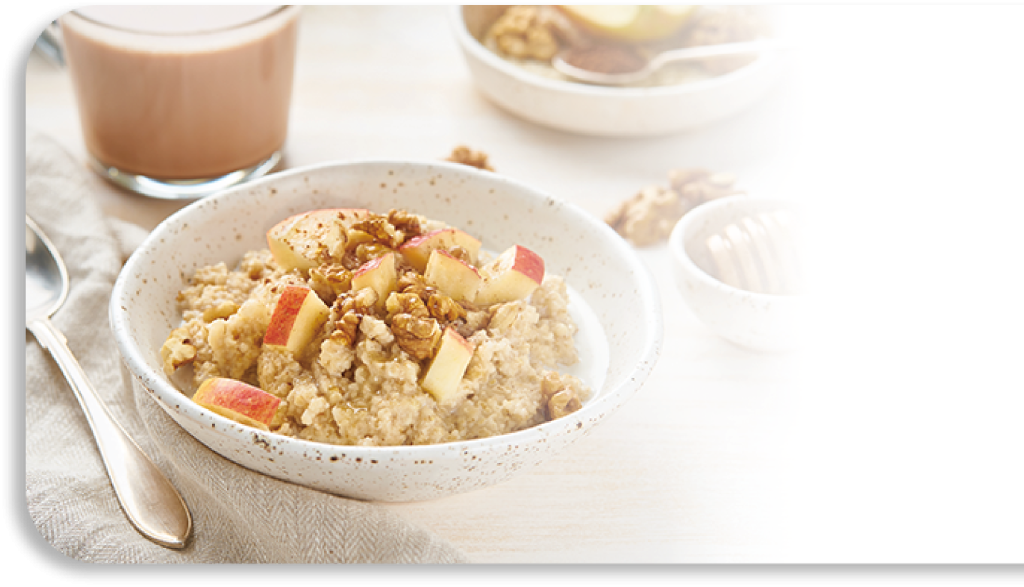Nutritionist’s Guide: 6 Dietary Tips to Boost Your Mood


Author: Arlene-Frances Wu (Senior Nutritionist)
During treatment or stressful times, emotional ups and downs are a normal response. In addition to following your medical plan, a healthy diet and good lifestyle habits can help ease anxiety, reduce negative emotions, and promote overall balance of body and mind.
As a nutrition expert, I’d like to share some science-based nutrition advice and practical cooking tips to help you create a daily diet that supports emotional well-being—so both your body and mood can feel healthier and more stable.
✅ Tip 1: Choose Complex Carbohydrates for Steady Energy
Want to keep your mood more stable? Eat more whole grains such as red rice, brown rice, oats, and quinoa. These foods release energy gradually, preventing blood sugar spikes and crashes, which helps you stay calm and focused.
Cooking Tip: Make porridge or rice with whole grains and add seeds or nuts for texture and stable energy. Try brown rice or quinoa sushi rolls—they’re healthy and delicious!


✅ Tip 2: Eat Tryptophan-Rich Foods for More “Happy Hormones”
Bananas, Greek yogurt, eggs, and nuts are rich in tryptophan, which helps your body produce serotonin, making you feel more relaxed and happier.
Cooking Tip: Make a banana peanut butter sandwich, or top oatmeal with sliced bananas and nuts for a simple mood boost. Replace mayonnaise with Greek yogurt in egg salad for extra nutrition
✅ Tip 3: Get Healthy Fats to Support Nerves and Mood
Omega-3 fatty acids are great for brain and nerve health, helping stabilize emotions. Good sources include salmon, mackerel, flaxseed oil, chia seeds, and nuts.
Cooking Tip: Add flax or chia seeds to Greek yogurt or fruit, or drizzle olive oil over salads. Steam or bake salmon with vegetables for a nutritious Omega-3–rich meal.


✅ Tip 4: Strengthen the Nervous System with B Vitamins
Whole grains, dark leafy greens (like spinach and kale), beans, and dairy products are excellent sources of B vitamins, which support nerve function and boost mood.
Cooking Tip: Add beans and leafy greens to soups for a fiber-rich, nutrient-packed dish.
✅ Tip 5: Eat Antioxidant-Rich Fruits and Vegetables
Vitamin C helps the body cope with stress. Berries (blueberries, strawberries), kiwi, oranges, bell peppers, and onions are all great options.
Cooking Tip: Sauté onions or bell peppers to add vibrant colors and antioxidants to your meals.


✅ Tip 6: Relax with Calcium and Magnesium
Nuts (especially almonds and cashews), bananas, spinach, and black beans can help relax muscles and reduce anxiety.
Cooking Tip: Make nut butter to spread on whole-grain bread or stir into oatmeal. Use spinach in stir-fries or salads for a simple, calming meal
Lifestyle Tips for a Better Mood
Get sunlight
Daily sun exposure helps your body naturally produce serotonin, brightening your mood.

Stay active
Walking, yoga, or light jogging can relieve stress and boost energy.

Maintain good sleep habits
Regular, sufficient sleep supports emotional stability.

Practice deep breathing
When stress builds up, a few deep breaths can help you stay calm.

✨ Taking care of yourself is not just about eating well—it’s also an act of self-love and care. By adjusting your diet and lifestyle, every day can be healthier and happier.
✨Nutritionist’s Recipe Picks
Start Today – Give Your Immunity a Boost!
Want more health tips? Subscribe to our monthly newsletter or visit our website!
